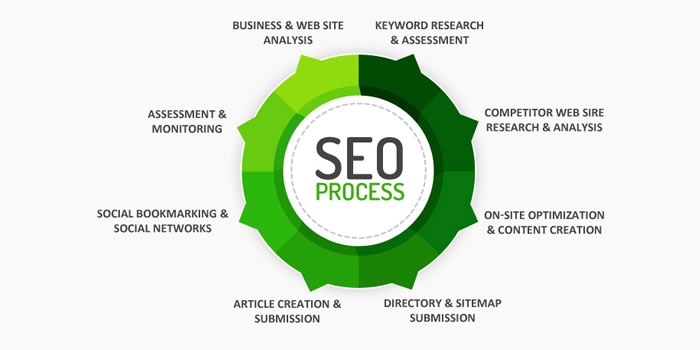Why Having A Website Is Important
Last week I was thinking about how many businesses don't have a website. Depending on what report you look at anywhere from 44% to 51% of small businesses do not...

Keyword research is the most important step, While you can easily test and change hundreds of keywords in paid search campaigns, so is this not possible for organic search optimization.
The things you have to do depend on what your competitors are doing. The less competitive your vertical is online the easier is it for you to outperform your competition. This is important to determining cost and resources for your SEO efforts.
If you are in the process of creating a new website, make sure to consider search engine friendly design and architecture before and during the actual development of the website.
An inbound link (also referred to as a back link) is a hyperlink on a third-party web page that points to a web page on your site. Inbound links are important for search engine optimization (SEO) because Google and other search engines see multiple, relevant inbound links to a page as a sign that the content on that page is useful.
Using sitemaps has many benefits, not only easier navigation and better visibility by search engines. Sitemaps offer the opportunity to inform search engines immediately about any changes on your site. Of course, you cannot expect that search engines will rush right away to index your changed pages but certainly the changes will be indexed faster, compared to when you don’t have a sitemap.
It using Multiple tools for Analytics like Google Analytics, piwik, site meter, Stat Counter, Analog, Open Web Analytics.
You Must Have Unique Content for Websites
For search engines that crawl the vast metropolis of the web, links are the streets between pages. Using sophisticated link analysis, the engines can discover how pages are related to each other and in what ways.
SEO practitioners have traditionally used social networks, news and bookmarking services to create and promote content in an effort to attract links.
Look for trends and evaluate the success of your goals, which you should have specified before you engaged in any type of marketing campaign. You did set goals that are measurable I hope. Improving ranking is important for SEO, but more important than the ranking is the traffic that comes with it.